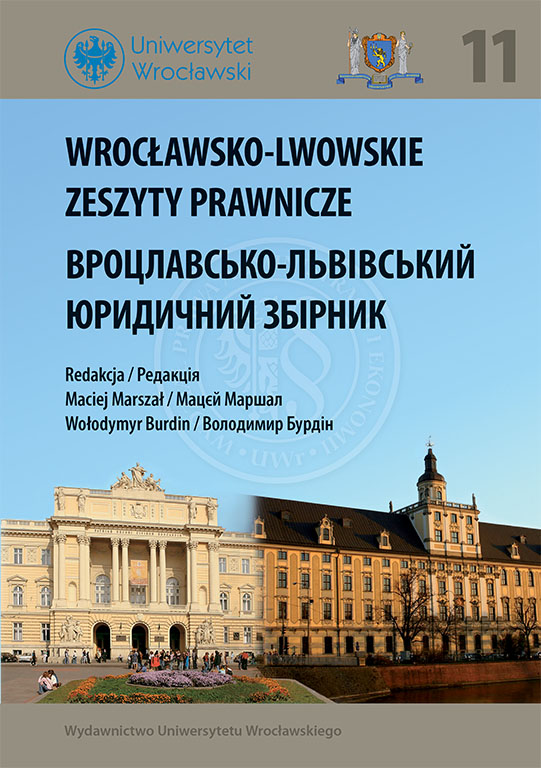

Articles

The article is devoted to legal argumentation (hereinafter — LA), namely to its research by logical approach. The author covers a methodological base proposed by logic to determine the key notions of LA research. Initially the author articulates the most widely spread logical conceptions which are the appropriative methodological base for the research. According to the first approach, presented by T. Bench-Capon, J. Fudla, H. Yoshino, R. Alexy, A. Soateman, and N. MacCormick, deductive logic is the core of LA research. However, only a few researchers propose a “pure” logical approach to LA while most researchers either combine a few approaches (namely logical and dialectical), or propose only an empirical component — the reconstruction of legal arguments with logical rules. A logical approach to the research of LA should include philosophical, theoretical, and empirical components which determine the characteristic features of a logical approach to LA. The philosophical component of LA research consists in the geometrical conception of rationality, i.e., the philosophical axiomatic idea about the rationality of LA to ensure legal certainty. The logical theoretical model of LA ensures the truth (validity) of conclusion whereas the premises are true. The logical theoretical model of argumentation concerns LA in one of two contexts — either in the “context of discovery” or in the “context of justification”. However, it is not appropriative to reconstruct LA in the “context of discovery” by the logical approach. The logical approach to LA implies a specific standard of soundness of the argumentation — the validity standard. The empirical component of LA research requires determination of formal validity of LA in different legal fields via reconstruction of argumentation. According to the formal (deductive) logical approach, LA is based on reasoning, which is proven by its character being a result of deductive inference. A deductive argument is an instrument of LA according to the logical approach. It may be either legal if based on written law or it acquires legal weight if one justifies social issues in the legal decision-making procedure. A logical approach to LA in the “context of discovery” allows us to assume some ontological issues concerning LA. Legal argumentation is considered as reasoning by proving through the presentation of corpus of arguments concerning a particular legal issue in accordance with the logical rules of truth.